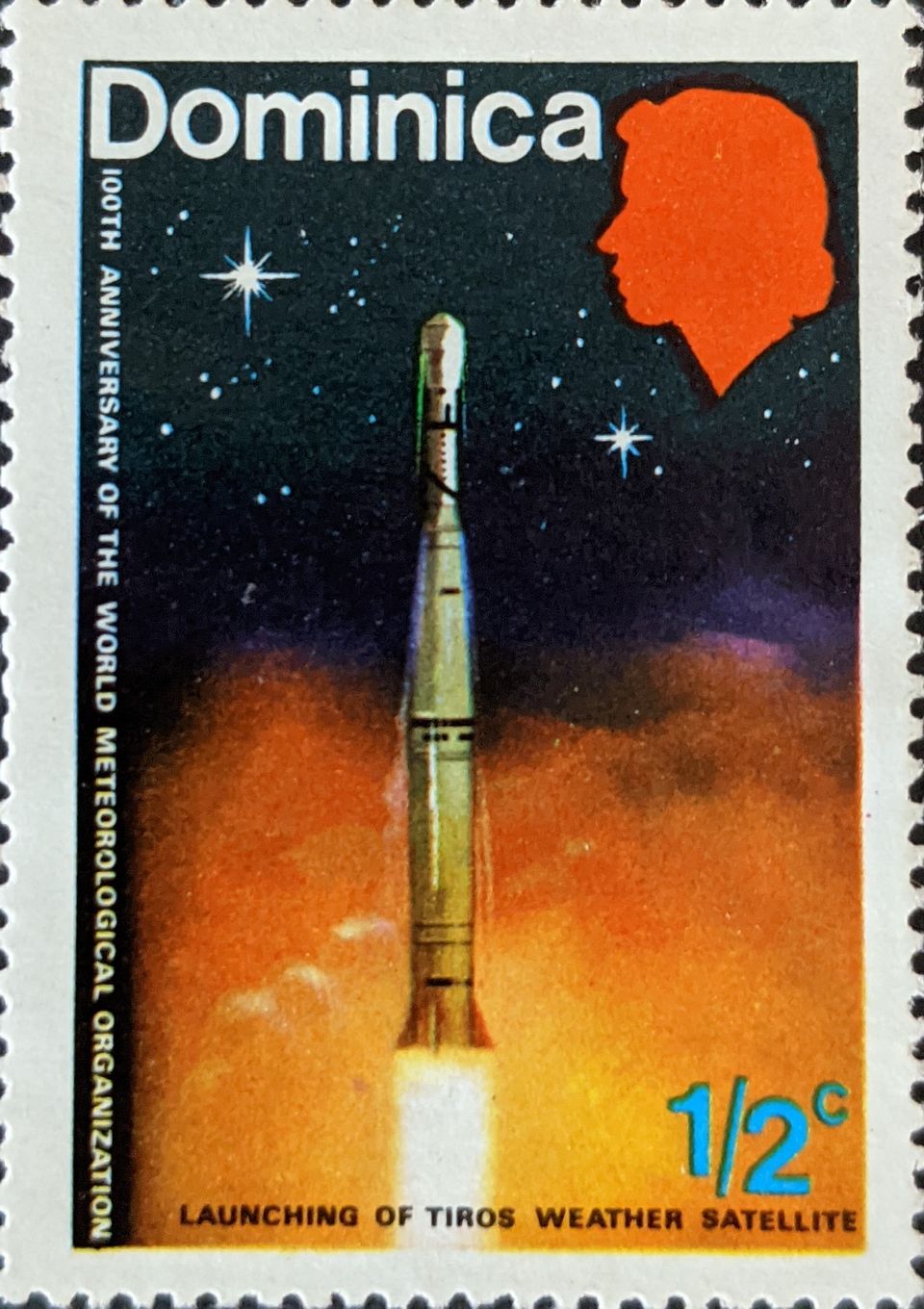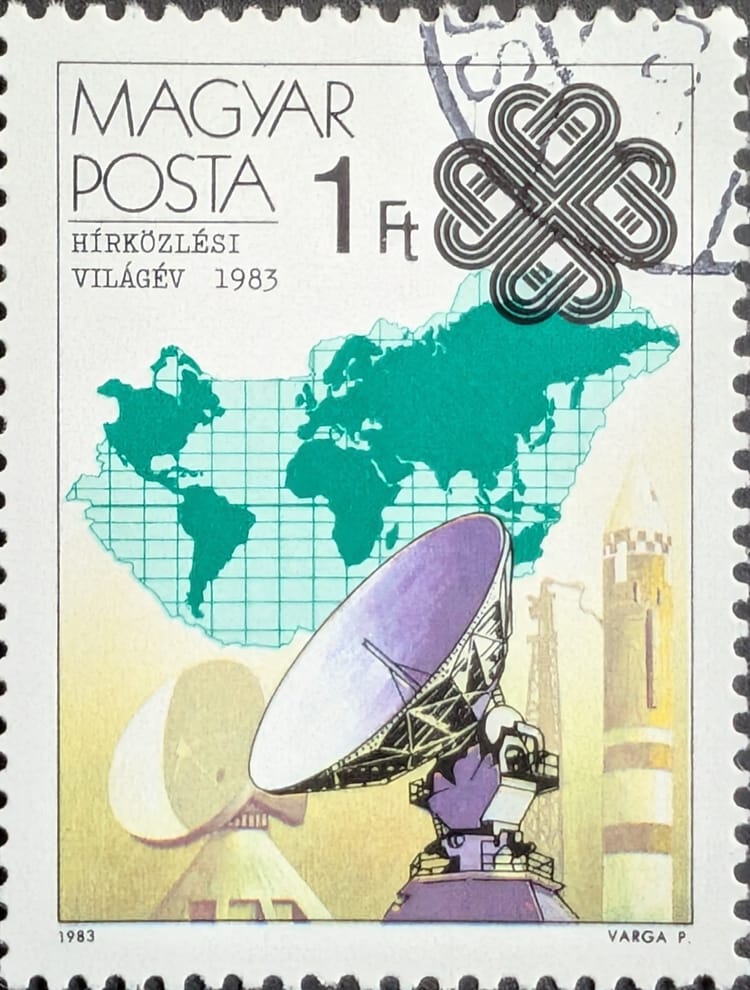Astra Projection: Examining Astra’s Apollo Fusion Acquisition

More class discussion, but this time about acquisitions. If there’s one activity that’s been going on lately in the space industry, it’s acquisitions. I wanted to focus on something that was tangible and valuable, which left SPAC’s as a category out of consideration. Instead, it was quite fruitful to use these questions while looking at the acquisition of Apollo Fusion by Astra, announced earlier this month.
1.Find a recent merger or acquisition that has been announced in the popular press. Is it related or unrelated? What are the implications for the merger or acquisition and plans for implementing the blending of the firms?
The Acquisition and How it could work
One of the latest activities in the space sector is Astra's acquisition of Apollo Fusion. Astra is a rocket manufacturing and launch service provider—although it has yet to launch a rocket to orbit successfully. Apollo Fusion is a spacecraft propulsion (thruster) manufacturer focusing on electric thrusters for satellites and transfer vehicles. It has a product, and it's been selling it to customers. Astra is buying Apollo Fusion's thruster technology and expertise.
Astra's mission: Launch a new generation of space services to improve life on Earth. The statement sounds nice but aligns with what space technology is already supposed to do—make life on Earth better. In that vein, it seems unambitious with a very non-specific goal: improve life on Earth. For who? What is the measurement for success?
Apollo Fusion's statement is more straightforward: An engine for every constellation. While simple, this is an ambitious and bold goal. There are plenty of thruster competitors out there, and satellite constellations are growing. If the company achieves its goal, it will have gained significant market share. That's measurable.
Both companies are in a related field—providing a product/service that moves spacecraft from one location to the desired location. Astra theoretically will do this by launching satellites to orbit, and Apollo Fusion's thruster contributes by moving the satellite to a more desirable orbit. Another company, Rocket Lab, offers similar services with its Kick Stage (although it was developed in-house). Rocket Lab’s offering and Astra’s acquisition make it appear as if there’s demand for this type of service.
While Astra has yet to demonstrate its ability to launch a satellite into orbit successfully, the company advertises that it can deploy larger-sized satellites (up to 630 kilograms (kg)) to a low Earth orbit (LEO) of 300 kilometers (km). However, by about one-third, that capability gets smaller if the desired altitude is raised to 1,300 km. Higher altitude orbits are where Apollo Fusion's thrusters contribute more to Astra's potential capability. The electric nature of the company's thruster uses solar energy to move satellites (slowly) to significantly higher orbits. In addition, the ability to move satellites to different orbits gives Astra "access" to customers interested in using orbits other than LEO.
This moves us to question 2.
2.For the merger or acquisition in question 1, what are the strategic rationales offered for the action? Do you think it will ultimately be successful? Why or why not?
There must be reasons for an acquisition. From Bruton and White, those reasons should be to (Bruton & White, 2017):
- Enter a market quickly or increase speed to market
- Avoid costs and risks of new product development
- Gain market power
- Acquire knowledge
The company's CEO, Chris Kemp, stated increased market access (gaining market power) as one rationale for the acquisition:
"In addition to increasing Astra's total addressable market for launch services, the acquisition of Apollo Fusion accelerates Astra's ability to efficiently deliver and operate spacecraft beyond low Earth orbit," said Astra Founder, Chairman, and CEO Chris Kemp.
It's not so simple, though--there will be some trade-offs. The rocket needs to make space for whatever structure that will use the thruster. That will impact both mass and payload space. The other part of Kemp's statement, "…efficiently deliver and operate spacecraft…," indicates a desire for Astra to become a satellite manufacturer and operator.
Those are different businesses than launch and run counter to avoiding costs and risks. Coming to terms with what is needed and implementing requirements will slow Astra’s speed to the market. They require different assembly facilities, different expertise, and other considerations that Astra, as a launch company only, didn't have to worry about.
Astra may have been blinded by the synergies it saw with Apollo Fusion and may not have focused on the incompatibilities between them (Bruton & White, 2017). While the company might gain knowledge and potentially gain market power (of which it has none), the work that needs to be done to get it to the point of gaining market power is all on Astra. As Astra's acquisition, Apollo Fusion, isn’t in any other business than manufacturing and providing satellite thrusters. The company doesn't bring the tools and expertise Astra would need to build and operate satellites.
More troubling--Astra does not have a product or service yet (despite words indicating success: "the fastest privately funded company in history to reach space"). To be very clear, other commercial companies have reached space, in spite of them being slower than Astra: Virgin Galactic, Virgin Orbit, Blue Origin, SpaceX, Rocket Lab. More importantly, all of them have eventually succeeded in their missions: launching rockets without blowing up. Unfortunately, Astra hasn't credibly demonstrated any penchant for launching rockets and deploying satellites reliably without a side of kaboom. Some might say this is a critical competency for a business aspiring to launch rockets.
Ultimately, Astra still doesn't have an operational rocket, and because of that, I think the acquisition is a distraction (and not because of Apollo Fusion's products) based on questionable reasons. Especially since the startup still needs to prove itself. Moreover, it's a distraction that may not end well for Astra. Consider the additional burdens an acquisition brings—turf wars, re-vamping strategic plans, hiring, setting goals, dealing with actual customers, having a plan to retain customers while transitioning, designing whatever it would be that uses the thruster, etc. And those have nothing to do with Astra's priority: launching rockets.
It all points to the acquisition adding perturbations to an already wobbly-looking venture, possibly destabilizing ones. While the inherent challenges of acquiring a company aren’t a guarantee that Astra’s decision leads to failure, the acquisition won’t help Astra hit its initial goal, either. One fact that should not be dismissed in all of this is the Department of Defense’s interest in a system like Astra’s. Its financial thumb could tip the scale in a more favorable direction for Astra (while distorting the market value of its service).
Astra needs to launch rockets that can deploy whole satellites instead of satellite pieces. Not only that but Astra plans to manufacture reliable rockets fast enough to conduct daily launches by 2025. If they are unreliable, who will use them—no matter how cheap they are or quickly they are available? So, Astra needs to focus on launching reliable rockets and nothing else. It can grow from that point once it is achieved.
This is not just my view, but Peter Drucker's in "Innovation and Entrepreneurship." He notes that:
"Effective innovations start small. They are not grandiose. They try to do one specific thing."
That one thing for Astra is building reliable rockets quickly. If it can't do that, nothing else matters.




Comments ()